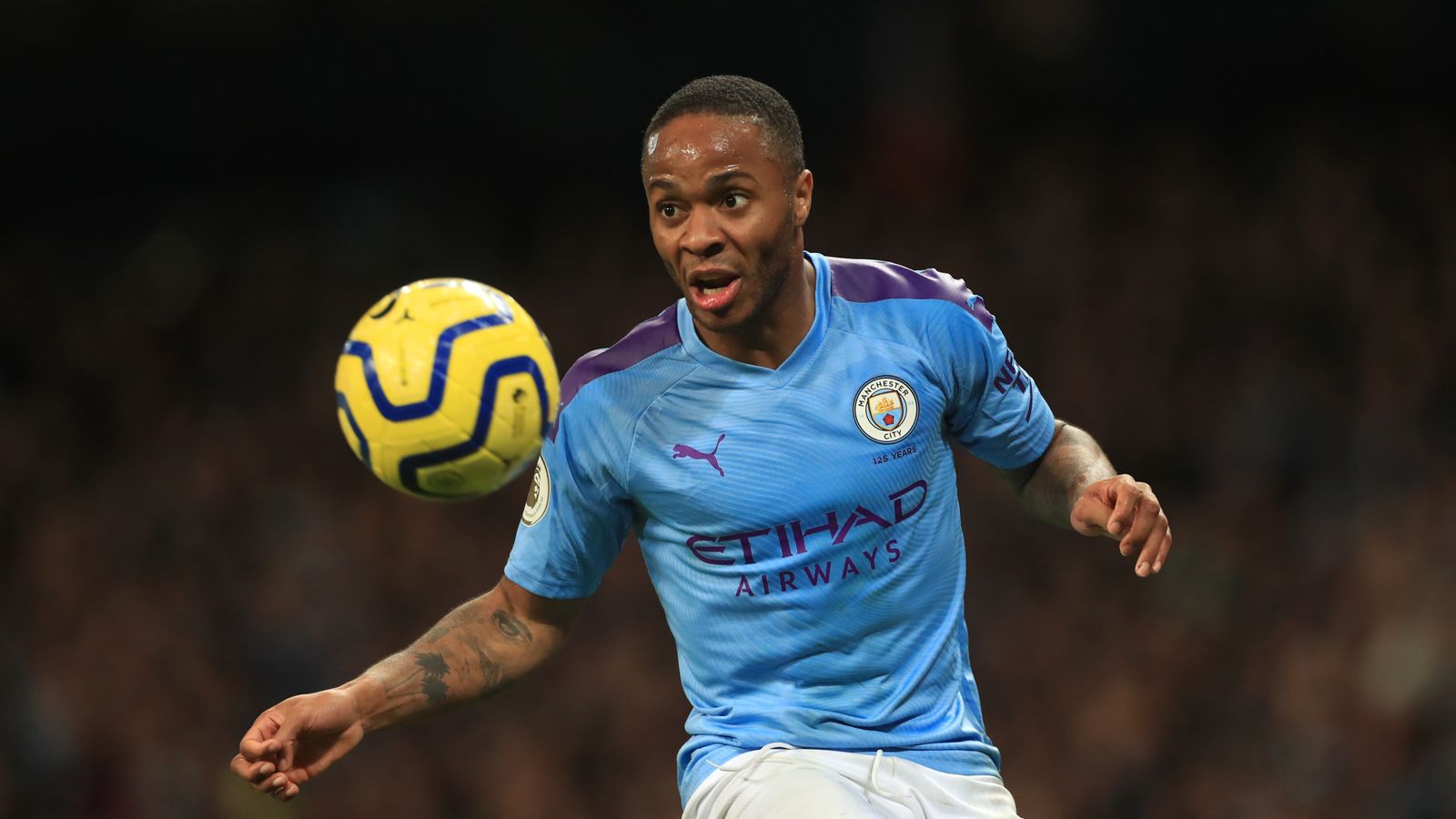Raheem Sterling has been racially abused online less than 48 hours after football’s social media boycott ended.
The abuse on Instagram was flagged up after his club, Manchester City, made it to their first Champions League final on Tuesday night.
“The racist abuse sent to Raheem Sterling is unacceptable and we do not want it on Instagram,” said a statement from Facebook, which owns Instagram.
“We have removed the comment and taken action against the account that posted it.
“As part of our ongoing work in this space, we’ll soon be rolling out new tools to help prevent people seeing abusive messages from strangers.
“No single thing will fix this challenge overnight but we’re committed to doing what we can to keep our community safe from abuse.”
Sterling is one of many players who have previously received racist messages online.
English football staged a four-day silence to protest at online abuse and discrimination, and what some say is the lack of tough measures by social media firms.
Clubs switched off their Facebook, Twitter and Instagram accounts, with the boycott ending on Monday night.
Rabbi Matondo, on loan at Stoke, was also abused in recent days, and tweeted: “Good to see the boycott changed nothing @instagram”.
A Stoke spokesperson said: “The club is aware of the disgusting racial abuse Rabbi Matondo received on social media overnight and will do everything we can to help the authorities bring the perpetrator to justice.
“We will not tolerate behaviour of this nature – there is no place in society for it and we will be reporting the offending post in line with the agreed procedure the EFL has in place.”
Swansea City players were also targeted by abuse during the boycott itself, with police investigating the source.
A Professional Footballers’ Association study, published last October, examined posts directed at 44 players and found more than 3,000 abusive messages on Twitter – 50% of them aimed at Sterling, Adebayo Akinfenwa and Wilfried Zaha.
At the time, Sterling said: “I don’t know how many times I need to say this, but football and the social media platforms need to step up, show real leadership and take proper action in tackling online abuse.
“The technology is there to make a difference, but I’m increasingly questioning if there is the will.”
Campaign group Kick It Out has four demands to try to clamp down on the abuse.
They include account verification to deter people from writing hateful comments while anonymous, tougher punishments, and the fast-tracking of an Online Harms Bill through parliament.






















